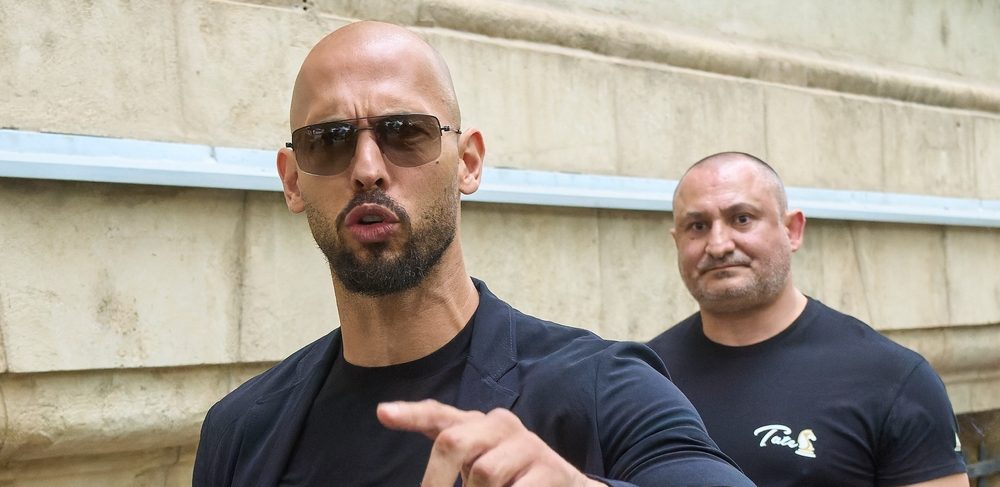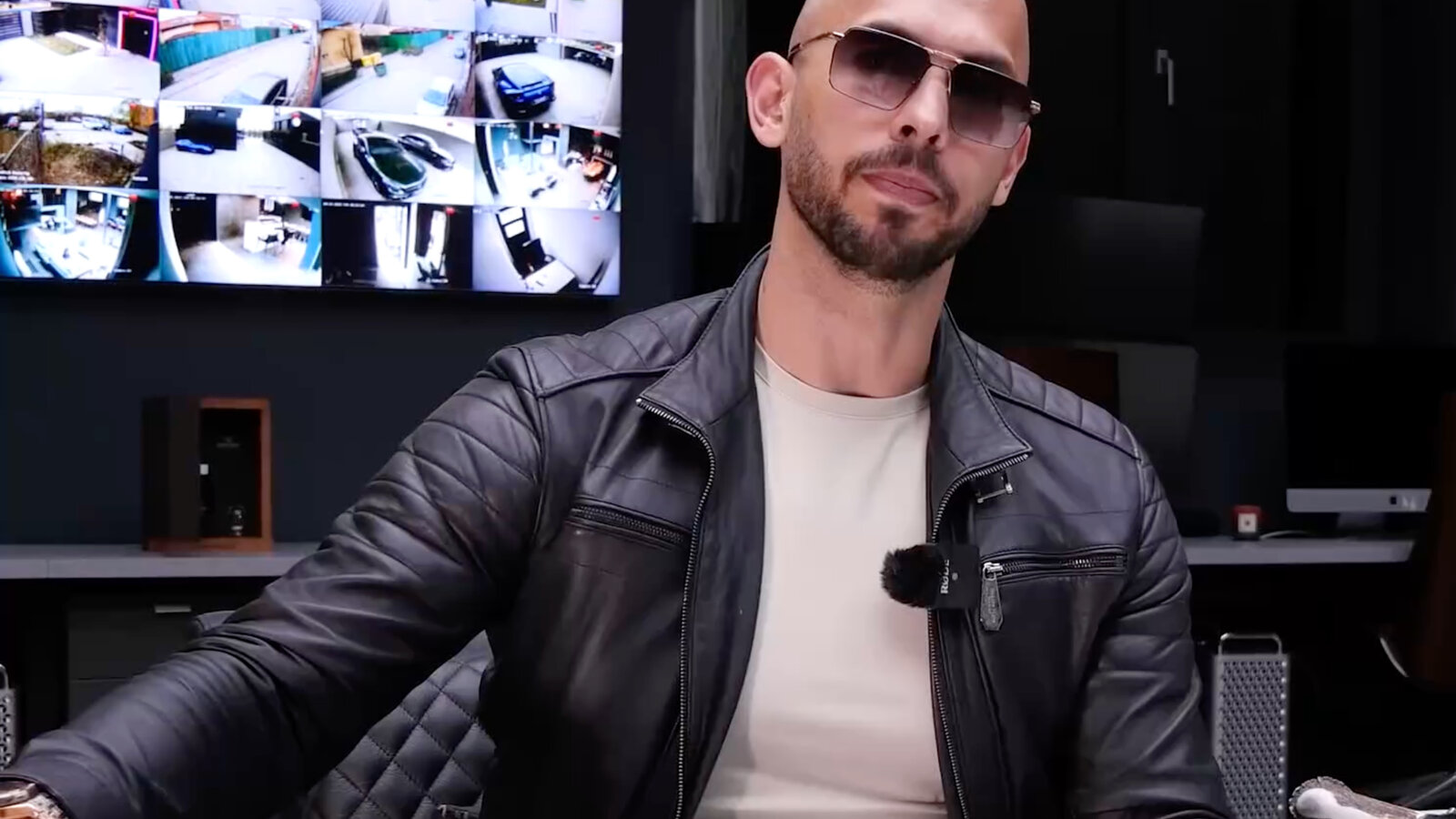Understand Your Rights. Solve Your Legal Problems


The four British women who accuse Andrew Tate of rape and human trafficking have spoken out after Romanian authorities controversially allowed him and his brother Tristan to travel to the United States. Their legal team has urged the UK government to take immediate action to prevent further injustice.
Shocking Development as Tate Brothers Are Allowed to Travel
The Tate brothers, Andrew, 38, and Tristan, 36, were granted permission to leave Romania after Romanian authorities lifted travel restrictions, despite facing serious criminal charges in the country.
The brothers, who are dual US and UK nationals, were originally arrested in 2022 for charges including human trafficking, sexual misconduct, money laundering, and forming an organized crime group. They have denied all wrongdoing.

Andrew Tate
Sources in Bucharest confirmed the brothers left Romania early this morning via a private jet to Florida. This move comes after the Trump administration allegedly pressured Romanian authorities to lift the travel ban, enabling the brothers to travel internationally while their criminal case remains ongoing.
Alleged Victims Speak Out
The women who have accused the Tate brothers of grave crimes were left "distraught" by the news, claiming they felt retraumatized by the Romanian government's decision to allow their alleged abusers to leave the country.
In a joint statement, the victims told MailOnline, "We are in disbelief and feel retraumatized by the news that the Romanian authorities have given into pressure from the Trump administration to allow Andrew Tate to travel around Europe and to the US."
They added, "We can only hope that the British authorities finally take action and do something about this terrifying unfolding situation to ensure he faces justice in the UK."
Their solicitor, Matthew Jury, expressed outrage, stating, "It would be a complete abdication of responsibility to the victims if the UK government stands by and lets this continue. The authorities must take immediate steps to secure the brothers' extradition to the UK so they can face charges for human trafficking and rape."
Legal Representatives Urge UK Authorities to Act
Jury continued, calling the brothers' ability to travel a "disgusting and dismaying" situation. The lawyer argued that this decision could embolden Tate and undermine the victims’ fight for justice, adding that the case against the brothers should be prioritized.
The alleged victims are also concerned that Tate’s newfound freedom could lead to further harassment and intimidation, as well as an increased spread of his controversial and misogynistic views. "The UK government knew this might happen more than a week ago. The fact that nothing seems to have been done to prevent it is concerning," their solicitor commented.
Pressure from the Trump Administration
The involvement of the Trump administration has added a layer of complexity to the case. U.S. officials reportedly contacted Romanian authorities to ensure the brothers' travel restrictions were lifted, with sources indicating that a request was made for their passports to be returned.
Despite claims from Romanian Prime Minister Marcel Ciolacu that no political pressure was applied, the victims' legal team remains skeptical, fearing that international political interests are overshadowing the pursuit of justice for the alleged crimes.
What Happens Next?
Although the Romanian prosecutor’s office has assured the public that the case against the Tate brothers has not been dropped, the brothers will need to return to Romania at a later date—likely by the end of March—according to sources.
As the case develops, the women who have bravely come forward continue to seek justice, with their lawyers pressing the UK authorities to ensure the brothers are held accountable for their alleged crimes.
A Call for Justice and Accountability
The decision to allow Andrew and Tristan Tate to travel while facing serious criminal charges has sparked outrage among the victims and their supporters. They have called on UK authorities, particularly Prime Minister Keir Starmer, to intervene and ensure the brothers are held accountable. With the world watching, the hope remains that the pursuit of justice will not be delayed by political maneuvering.
This case highlights the complexity of international legal proceedings and the intersection of political influence with the pursuit of justice. For the victims, this is not just a matter of legal accountability—it is a fight for their dignity and safety in the face of powerful figures whose influence could derail the case.





